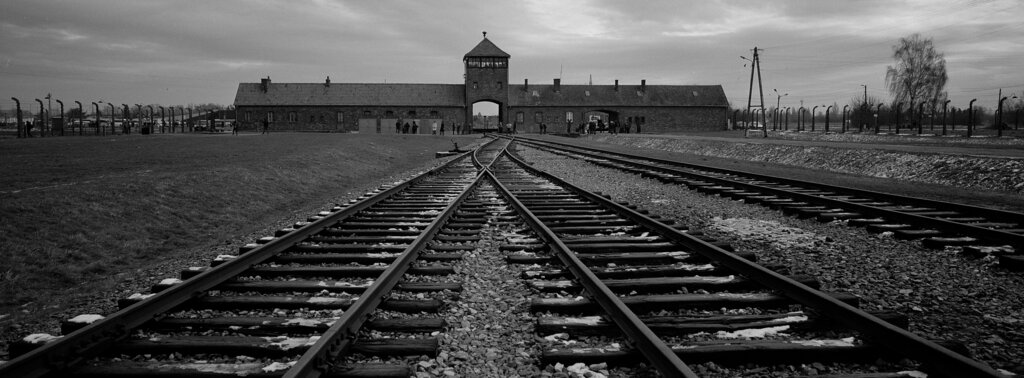You know you live in interesting times when a Nobel laureate who spent his formative years in Germany speaks in Calcutta just four days before the 75th anniversary of the liberation of Auschwitz about how students forced the country to exorcise its Nazi scars.
Interesting turns extraordinary when it coincides with an unparalleled effort by students in India to battle a clear and present threat to the country’s constitutional values.
Delivering the convocation address at the Indian Statistical Institute, Calcutta, on Thursday, Joachim Frank, who won the Chemistry Nobel with two others in 2017, recalled the scars of the Nazi regime and said he was “proud” to have raised his voice years later as a university student.
“I’m still proud of having made my voice heard and having kept a cool head in all the turbulence. Voices of fellow students, like mine, contributed in the end to the re-modelling of Germany, into a country that was more egalitarian than before, more tolerant, more open to acceptance of people with different creeds and backgrounds,” he said at the 54th convocation of the premier institute.
The biophysicist, now with Columbia University, made no mention of India.
Frank said: “Instead of looking for commonality and shared objectives, leaders of many countries are focusing on attributes that divide us. This is a tragic development….”
If there is “hope for the future”, he said, “then the hope is with the new generation, with you”.
The convocation was organised at Amrakunja, an open area amphitheatre. Around 100 students from different disciplines were awarded degrees and certificates.
A group of students, who did their master’s in quantitative economics, showed the back of their certificates in solidarity with the “we-won’t-show-papers” campaign.
Frank recalled Munich “precisely half a century ago”.
“Germany, just 25 years after World War II ended, was still recovering from the inhuman onslaught of the Nazi regime and the marks that hate speech had left in the psyche, language and culture of the country I grew up in. Adolf Hitler had rallied people around causes of attaining racial and ethnic purity, demonising ‘otherness’ in Jews, Roma and homosexuals, and paving the way to the Holocaust. It was widely recognised that part of the reason why Hitler could come to power so easily was the reflexive trust in authority, which was deeply ingrained in German society.”
In that Germany, students rose in protest with a battle cry.
Frank said: “World War II was followed by some type of collective amnesia, which lasted for a decade at least…. In the late 1960s (when I was a student working on my dissertation), in the wake of the protests fanned by the visit of the Shah of Persia, the very legitimacy of civic and government authorities in Germany to make rules was questioned: rules about whether it was allowed to step on a public lawn, rules on how to dress, and ancient rules about protocol at formal university events.
“Under student pressure, medieval costumes associated with university events were discarded for good. ‘Unter den Talaran — der Muff von Tausend Jahren’ was the battle cry: “Under the gowns is the musty odour of a thousand years.”











